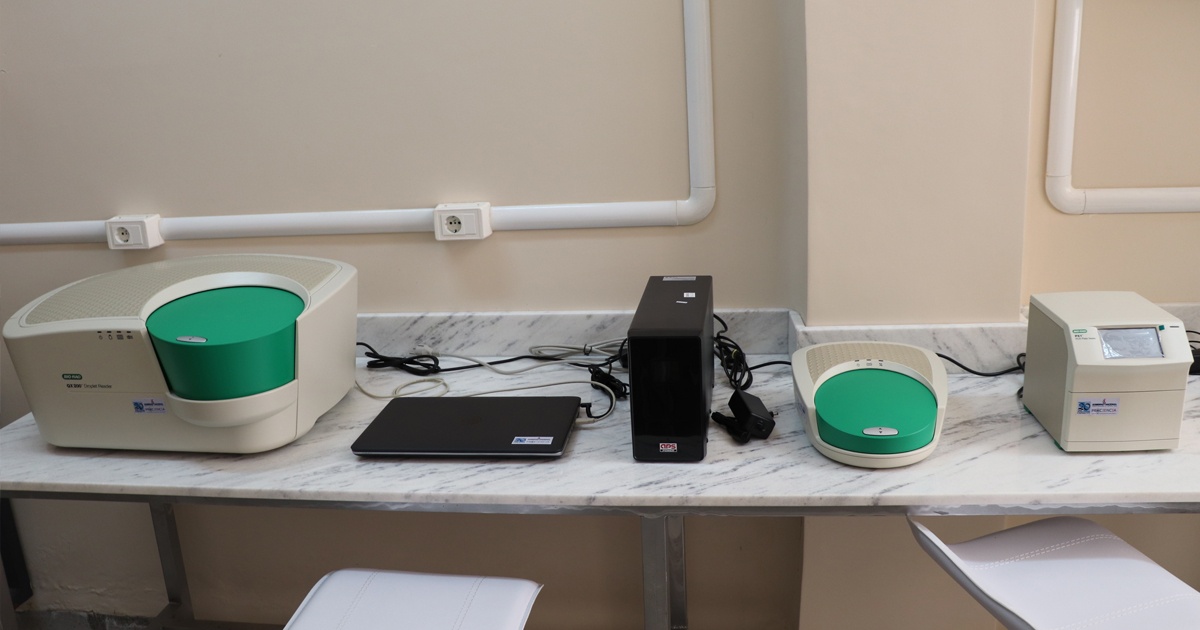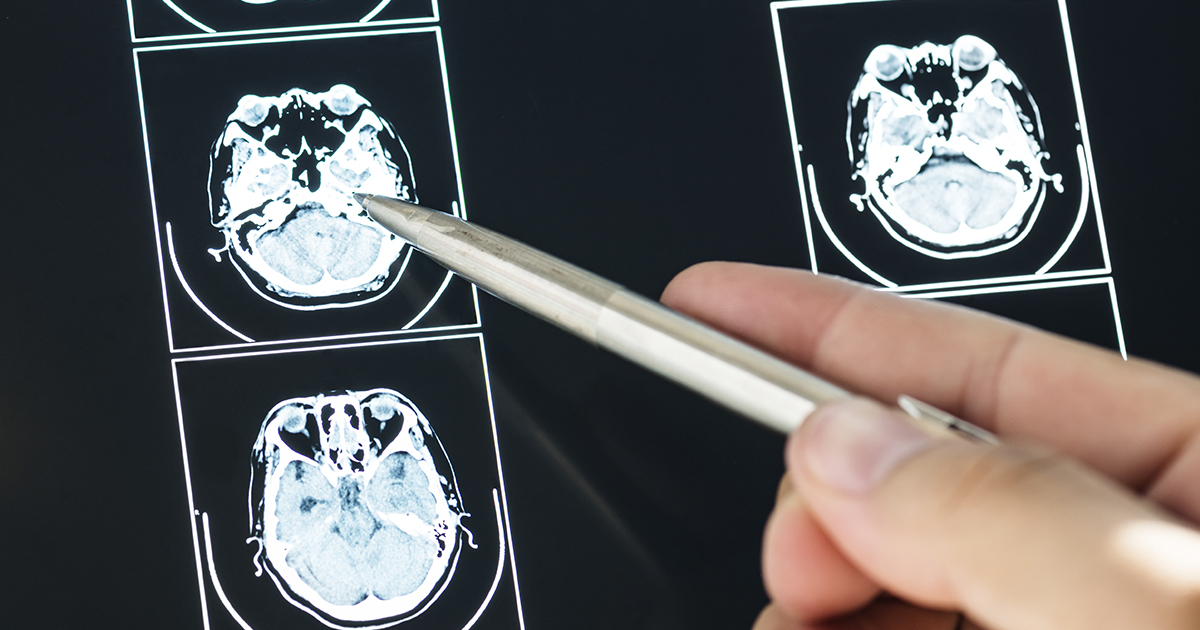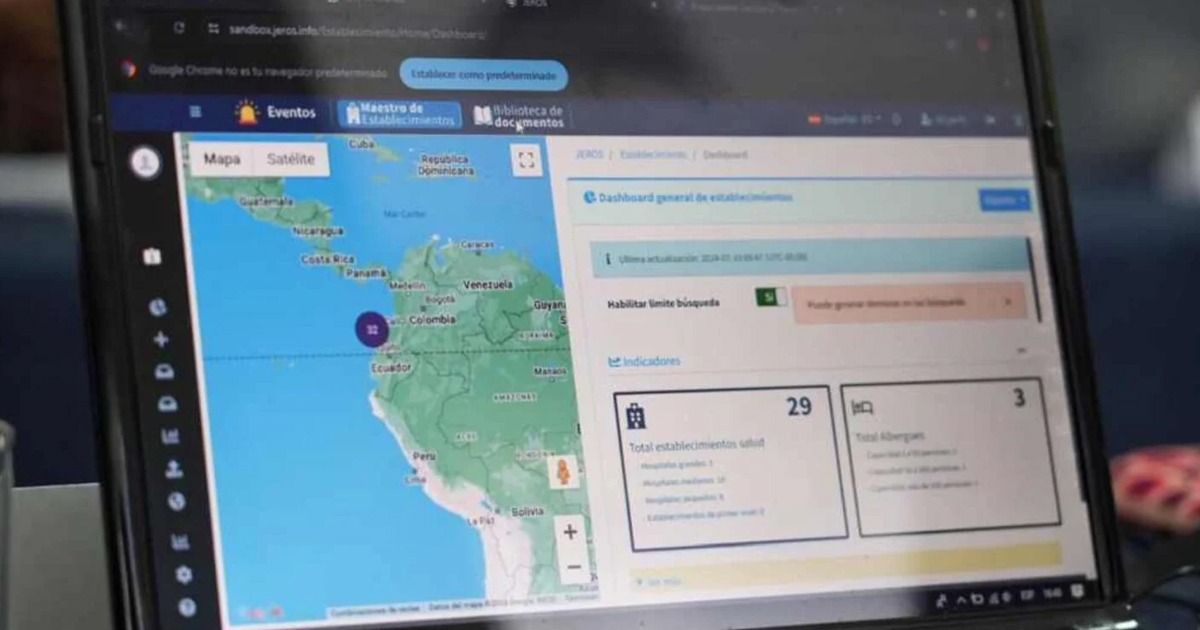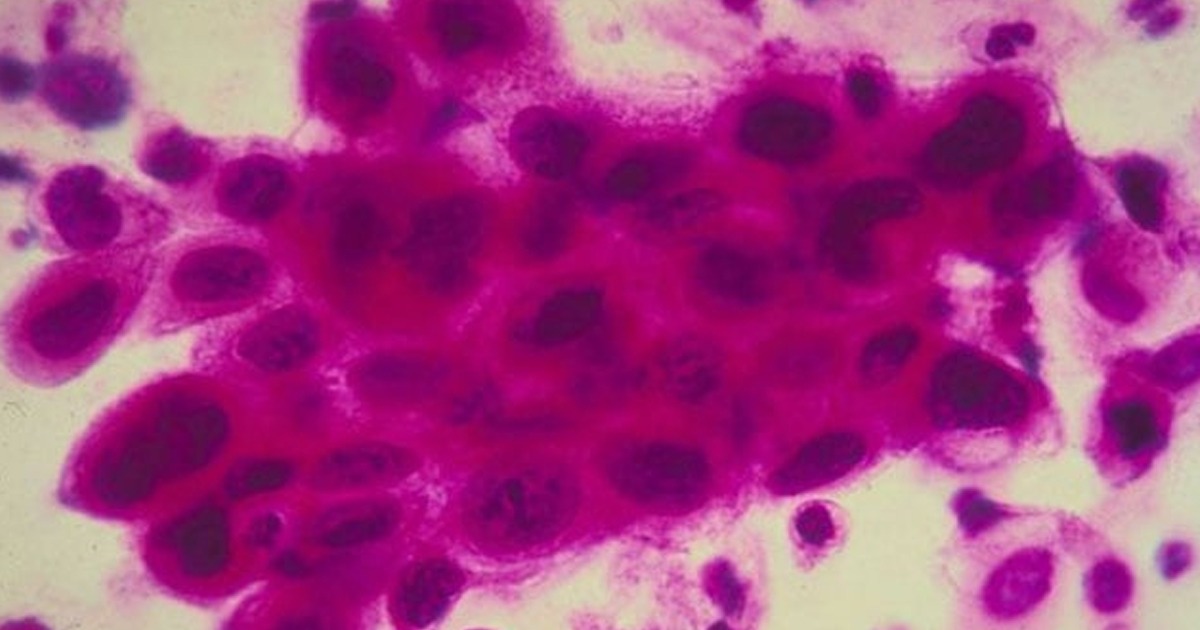Paraguay already has its first digital PCR team to modernize conventional techniques and better combat genetic diseases through more effective analysis. A conference was held out of the model and its short-term objectives.
The first digital PCR equipment was enabled in drops in the country within the Research Institute in Health Sciences of the National University of Asunción (IICS-UNA).
The inauguration was held at the conference entitled "Principles of digital PCR in drops and its usefulness in research and diagnostics", which was led by Dr. Socrates Avilés, application specialist at Bio-Red Mexico.
Polymerase chain reaction (enzyme capable of transcribing and replicating nucleic acids), or PCR, is a technique for making many copies of a given region of DNA in vitro (within a test tube rather than an organism). It is achieved from a small segment of DNA, which, in most cases, would go unnoticed within any analysis.
The purpose is to multiply it millions of times to be easy to detect and can be used in a paternity test, dengue diagnoses, transgenic seed studies or microbiological studies for meat export, to name just a few examples.
In this sense, and thanks to the technological advances that have optimized traditional techniques, digital PCR Equipment comes into play: an alternative method to conventional PCR in real time with which you can detect the multiple forms that a gene can take. Digital equipment works by dividing a DNA sample into many PCR reactions individually and offers to enhance accuracy by adding superior sensitivity and accuracy compared to classic molecular methods.

Dr. Ana Ayala, head of the Molecular Genetics Laboratory at IICS, explained that this equipment allows to condense the samples deposited in a tube and convert them into thousands of nano droplets. "Instead of having 1 sample, we have 20 thousand drops of PCR and that greatly increases sensitivity, allowing us to detect things that are not seen by conventional methods, for example, a cancer cell," he said.
This system is the first of its kind in Paraguay (Uruguay already has one, Argentina with 3 and Chile equal to 3) and it is expected that several sectors of the population can use it. The team was acquired through the Call for the Strengthening of Technological Research Equipment of Paraguay, co-financed by the National Council of Science and Technology (CONACYT).
Among the conference were the present of Dr. Mario Fabián Martínez Mora, Director General of IICS, directors of the Rector of the UNA, representatives of CONACYT, teachers, students and special guests.
The activity took place on August 28, 2019 as part of the training day for the implementation of PCR digital technology in the Institute's Molecular Genetics Laboratory.
You can learn more about the project "Supporting national research potential by strengthening the technological capacity of studies related to GENE expression16-33" at: https://datos.conacyt.gov.py/proyectos/pdf/1706)
NATIONAL UNIVERSITY OF ASUNCION
KHAN ACADEMY
CONACYT
GENOTYPY
https://genotipia.com/genetica_medica_news/pcr-digital-trasplante/





